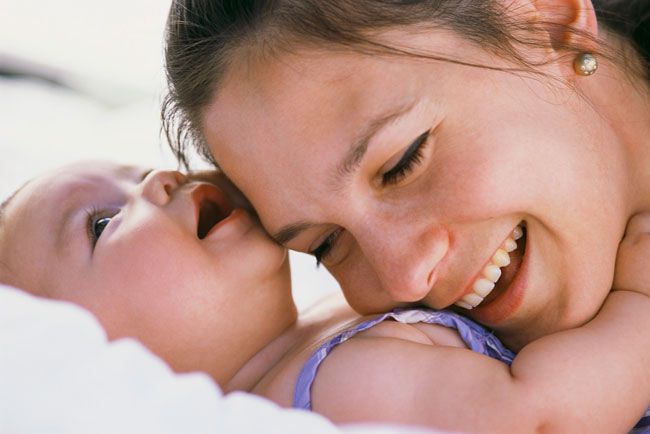Younger mothers are at a higher risk of preterm birth while older mothers are more likely to have a cesarean section, suggests a new study published today (12 June) in BJOG: An International Journal of Obstetrics and Gynaecology.
The study, conducted over a 12-year period (2000-2011) in Ireland, examined the delivery outcomes of 36,916 first-time mothers at varying maternal ages.
The pregnant women were subdivided into five age groups, 3.3% at 17 years or younger (17-), 7.2% at 18-19 years, 77.9% at 20-34 years, 9.9% at 35-39 years and 1.7% at 40 years or older (40+). However, researchers focused on the outcomes in the groups of women at the extremes of maternal age, 17- and 40+.
The findings showed an increase in rates of caesarean section with increasing maternal age. Compared to the comparison group (20-34 years), women in the 17- group were the least likely to have a caesarean section (10.7%) while women in the 40+ group were the most likely, with a three-fold increase risk of caesarean section (54.4%).
Furthermore, women in the 17- group were at a much higher risk for preterm birth (9.8% vs 5.9%), and babies born to mothers in the 40+ group were more likely to require neonatal admission (23.5% vs 16.8%) and be born with congenital anomaly, when compared to their comparison group counterparts (20-34 years).
The authors noted that younger mothers were more likely to be underweight and smoke during pregnancy, while older mothers were at an increased risk of being obese or having underlying medical disorders, such as hypertension or diabetes.
Professor Deirdre Murphy, Department of Obstetrics & Gynaecology, University of Dublin and co-author of the paper, said:
“The findings of this study are consistent with previous literature, highlighting the fact that maternal age continues to be an important risk factor for adverse outcomes in pregnancy.
“There was a marked difference in the rate of cesarean sections, increasing with maternal age, and more research is needed to explore the care provided to younger mothers and whether their enhanced ability to deliver naturally may suggest a reduction is possible for overall cesarean section rates.
“Most healthcare professionals agree that management of a woman’s first birth is likely to have the biggest impact on future pregnancy outcomes so maternal age is an important risk factor to be considered when planning care for first-time mothers, particularly those at the extremes of maternal age.”
John Thorp, BJOG Deputy-Editor-in-Chief added:
“Through eliminating any confounding effects of previous pregnancies, the findings of this study are a more accurate representation of delivery outcomes in first-time mothers across all age groups.
“The significant increase in the rate of caesarean sections in the UK over the past few decades is a problem addressed by the authors with possible solutions to be considered based on the outcomes of the women identified at lowest risk.
“The findings suggest that other socio-demographic factors, associated with age, play an important role in delivery outcomes and obstetricians need to identify age as a significant risk factor so that care for pregnant women can be planned accordingly.”
Source Wiley










